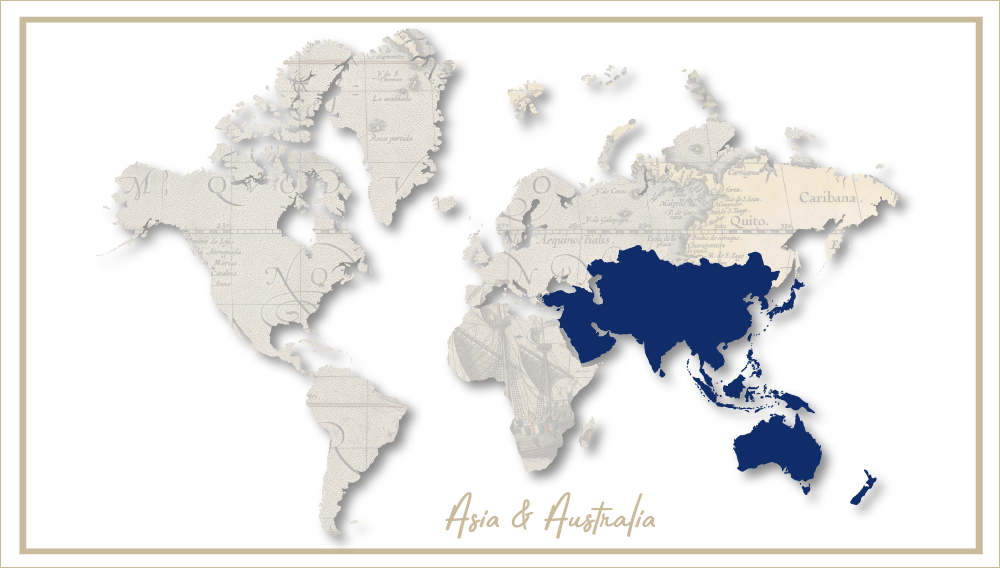Symrise adapts its portfolio of colorants to comply with new directive
The new EC directive on colorants is creating multiple challenges for the food industry. In response, Symrise has restructured its SymColor® portfolio of colorants so that manufacturers can not only prevent labeling problems, they can also offer consumers natural foods.
The new EC directive on food additives becomes mandatory on 20th January 2010. Consequently, from 20th July 2010 onward foods which contain certain artificial colorings (including orange yellow, quinoline yellow and azorubine) will have to be labeled with the warning “may have an adverse effect on activity and attention in children.”
SymColor® and the wide-ranging consultation that Symrise experts offer to go with it can eliminate these labeling problems. SymColor® provides an extensive selection of colorants for use in food, letting manufacturers select the exact shade they want and still comply with labeling requirements.
Symrise’ new portfolio of colorants features two categories:
• SymColor® natural colorings provide authentic colorants for appetizing products. Natural colorings, as the name implies, come from components found in nature. The portfolio also contains synthetic colorings which have a molecular structure that is identical to that of natural colorings.
• SymColor® colorant foods are derived from natural raw materials such as grapes, hibiscus, tomatoes, beets and other plants. These products are considered ingredients, not colorings, which means they do not need to be labeled with an E-number. They are a wise choice whenever there is emphasis on the naturalness of a food.
Source
BRAUWELT International 2009

